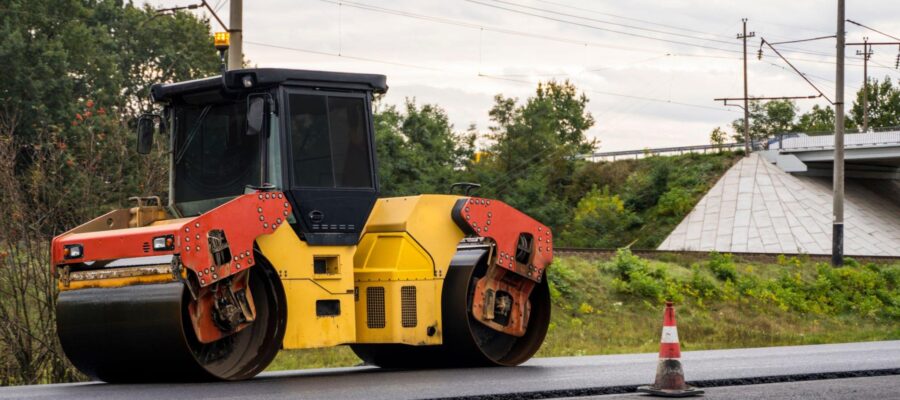
Efficient road construction and maintenance play a crucial role in maintaining a reliable and safe transportation network. Smooth and well-maintained roads not only enhance driving experiences but also reduce the risk of accidents and minimize traffic congestion. In this blog, we will explore the key factors that contribute to smooth and effective road construction and maintenance.
1. Comprehensive Planning and Design
The foundation of any successful road construction and maintenance project lies in thorough planning and design. Engineers and planners must carefully assess traffic patterns, geographical features, and environmental impacts before laying out the road’s blueprint. A well-thought-out plan ensures that the road is constructed to accommodate current and future traffic needs, making maintenance more manageable in the long run.
2. Quality Materials and Construction
Using high-quality materials and employing skilled construction crews are paramount to the success of road projects. Quality materials, such as durable asphalt mixes and reliable aggregates, contribute to the road’s longevity and performance. Well-trained construction teams can ensure proper construction techniques, minimizing the likelihood of premature deterioration and costly repairs.
3. Emphasis on Preventive Maintenance
Preventive maintenance is a proactive approach to road care, aiming to address small issues before they escalate into major problems. Regular inspections, pothole repairs, crack sealing, and pavement preservation treatments are part of preventive maintenance strategies. Emphasizing preventive measures helps extend the life of roads, saving both time and money in the long term.
4. Utilizing Advanced Technologies
Incorporating advanced technologies in road construction and maintenance leads to more efficient and accurate outcomes. Technologies such as GPS-guided construction equipment, drones for surveying, and data analytics for condition assessment enable better planning, resource management, and quality control.
5. Sustainable and Environmentally Friendly Practices
Sustainability is increasingly important in all industries, including road construction and maintenance. Implementing environmentally friendly practices, such as recycling materials, using energy-efficient machinery, and incorporating green infrastructure, helps minimize the environmental impact of road projects and aligns with global sustainability goals.
6. Regular Monitoring and Evaluation
Once a road is constructed or repaired, the work doesn’t stop there. Regular monitoring and evaluation are essential to identify potential issues early and implement necessary repairs or maintenance promptly. Continuous evaluation of road conditions allows for data-driven decision-making and optimized resource allocation.
In conclusion, ensuring smooth and effective road construction and maintenance is a collective effort that involves comprehensive planning, quality materials, preventive maintenance, advanced technologies, sustainability, collaboration, and regular monitoring. By prioritizing these factors, we can create and maintain safer and more reliable road networks, benefiting all commuters and supporting economic growth and development.




